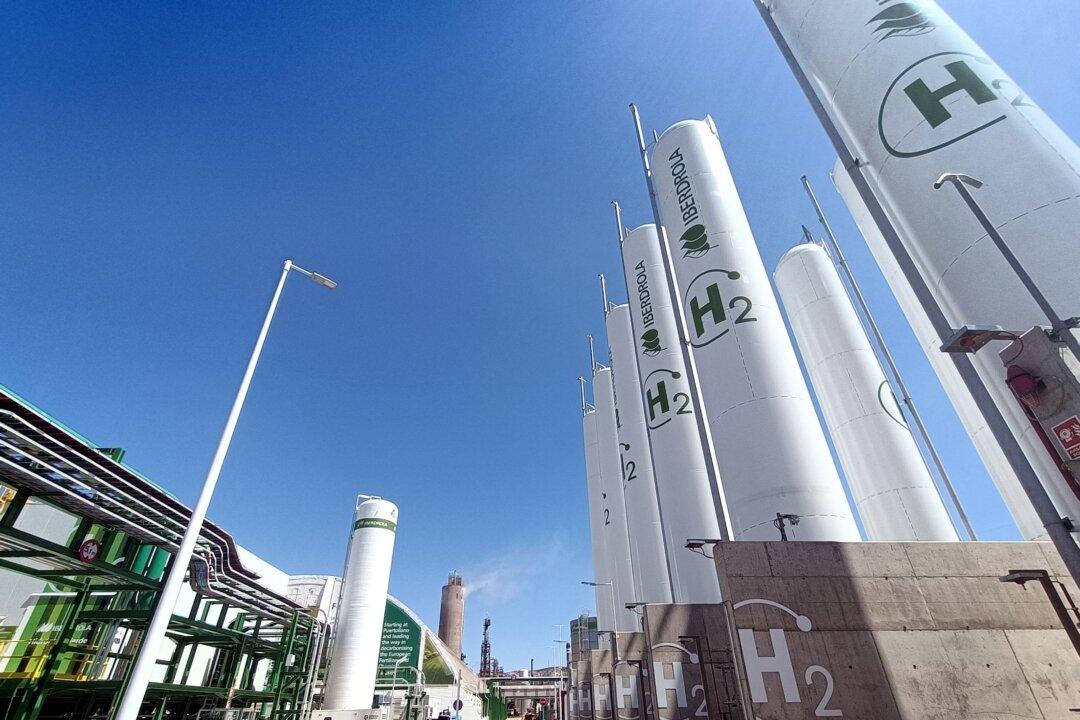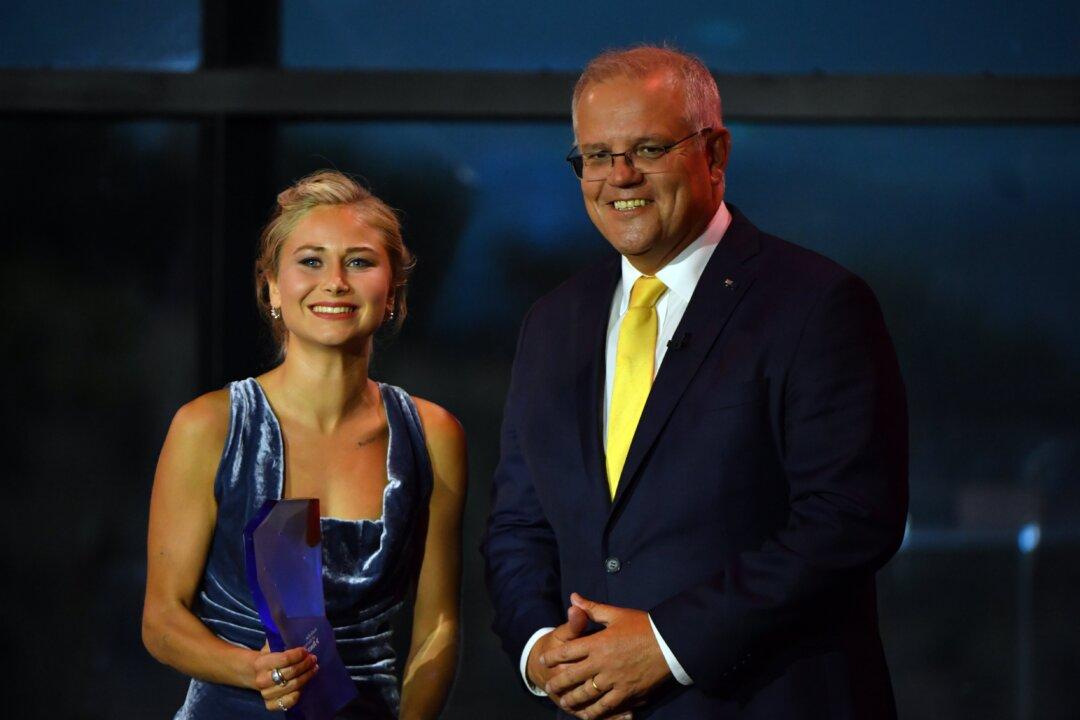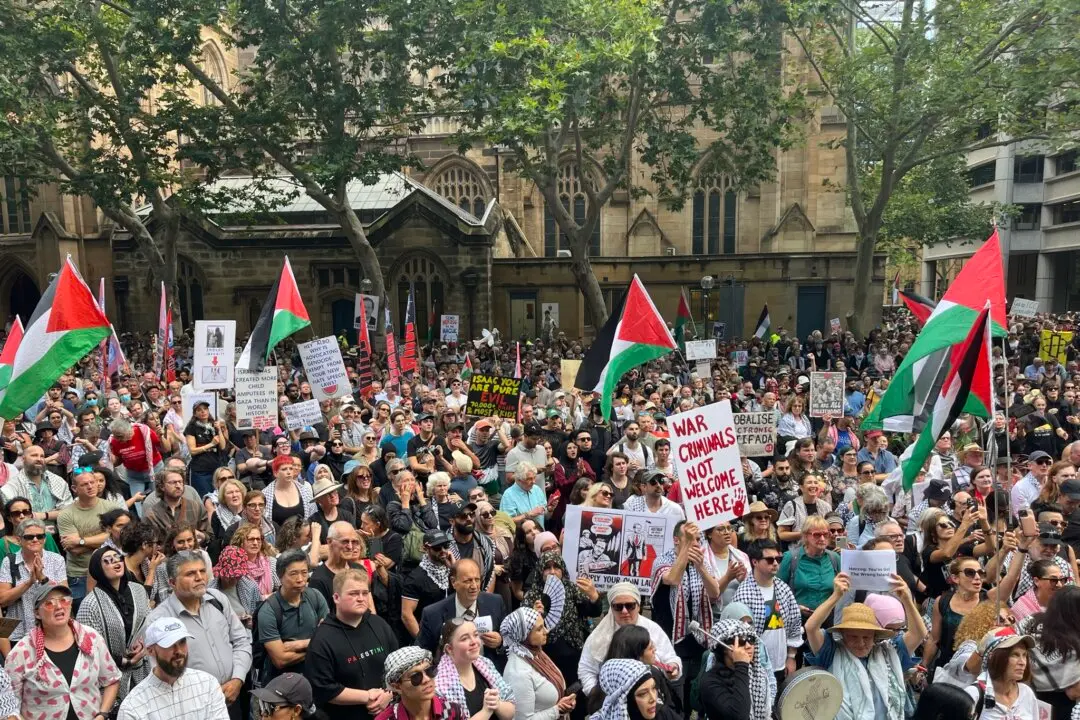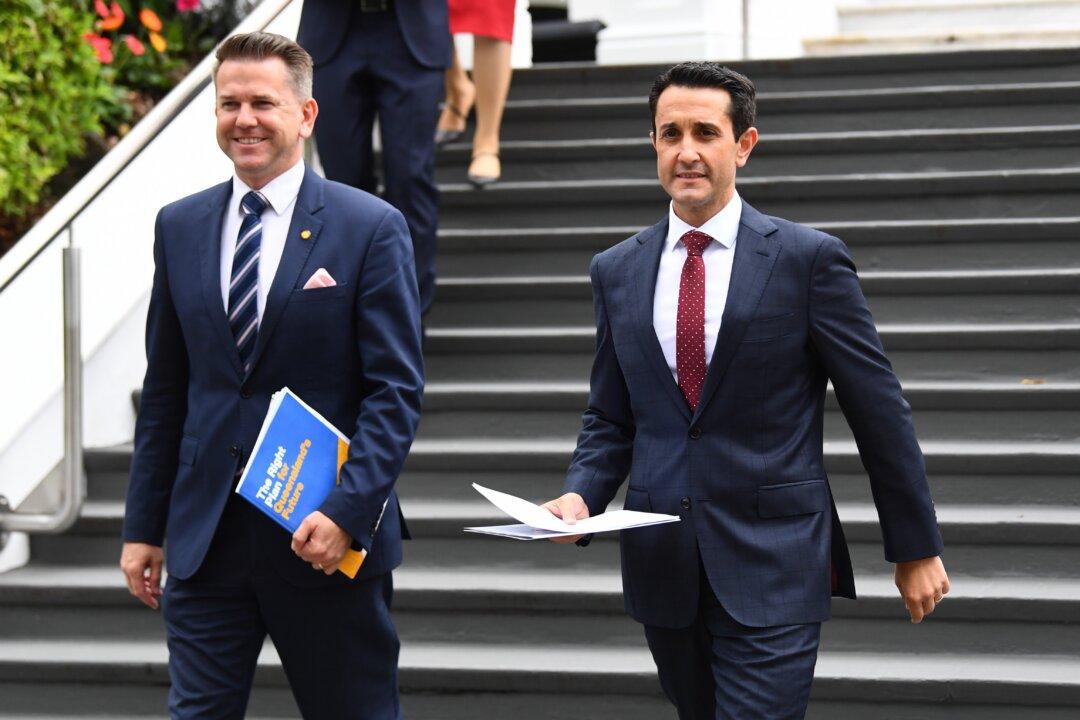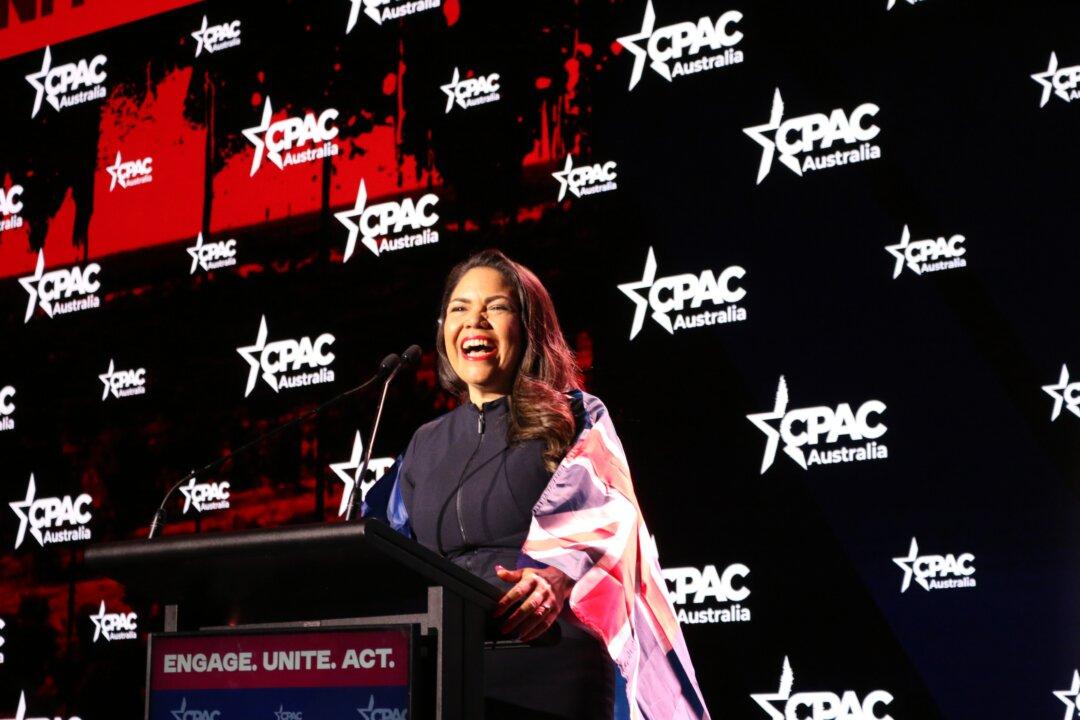A key component of the $22.7 billion (US$15.3 billion) Future Made in Australia program is set to be announced, with the government promising global exporters they'll reap the benefits.
According to Assistant Minister for Climate Change Jenny McAllister, the Guarantee of Origin scheme will ensure emissions accountability, which will help grow Australia’s green industries.
